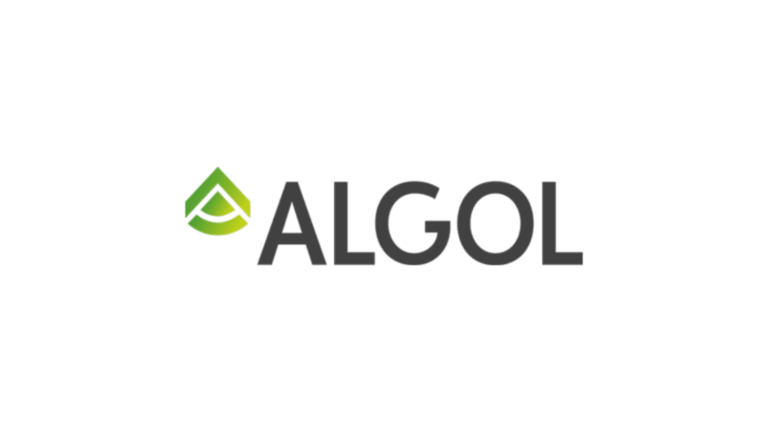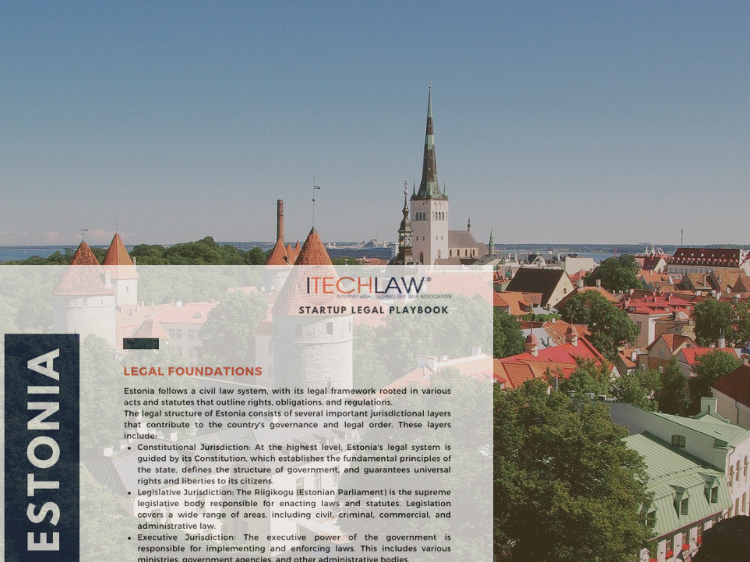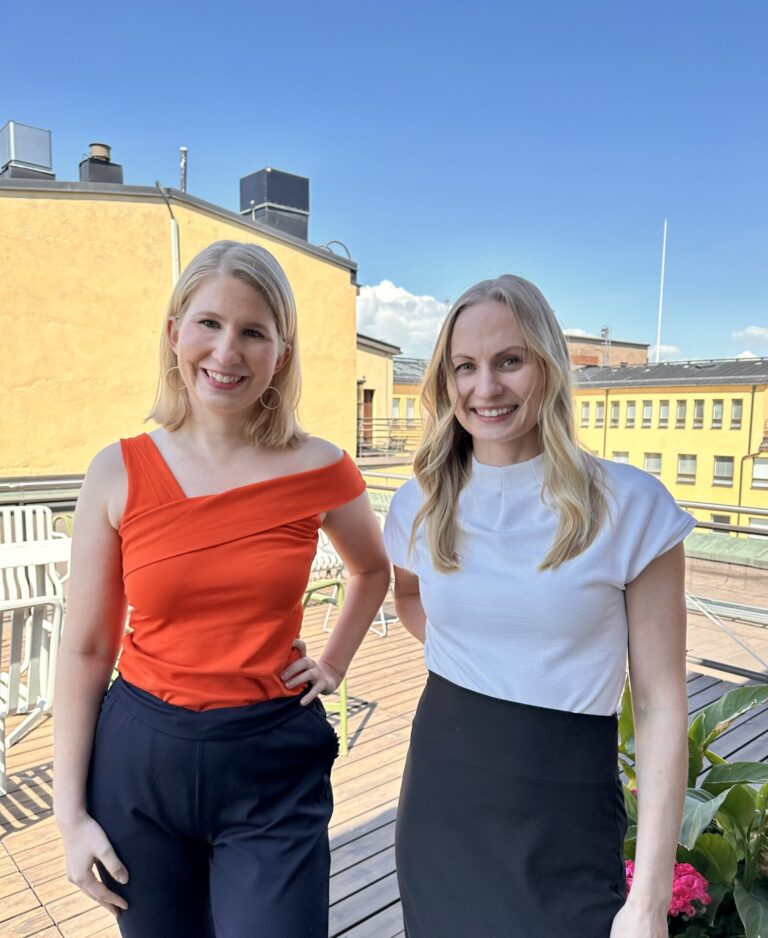
The proposed new rules concerning a screening and approval regime for foreign investments into Denmark will have a significant impact on many tech investment transactions
Traditionally, the Danish economy is one of the most open economies in the world and Denmark always scores high on global “ease of doing business” surveys. Maybe that is about to change, if the Danish Parliament passes the Danish government’s proposal for a new regime to screen and approve foreign investment.
The legislation comes on the back of an EU regulation from 2019 requiring the EU member states to review their national FDI screening rules, but the EU rules do not impose obligations on the member states as to how the national regimes must operate.
The new rules that Denmark are looking to introduce are in the words of the Danish government “robust” and belong to the category of the most restrictive systems yet introduced across Europe, alongside for instance the rules applicable in Finland and Germany.
During the period 2013-18 Denmark received foreign investment at a staggering amount of approx. EUR 518bn equivalent to 30.9% of the Danish GDB, of which more than 2/3 came from other EU countries.
In certain sectors, where foreign investment is perceived to be more critical, the new rules impose a particular finely meshed system, and with many of these sectors being tech-related the tech sector is especially, alongside the energy sector, about to face significant changes in relation how foreign investment transactions need to be managed.
Within the tech-related “critical sectors” we find:
- AI
- Robotics
- Cyber security
- Semi-conductors
- Aviation
- Space
- Defense
- Dual-use products
- Energy storage
- Space
- Quantum technology
- Nuclear technology
- Nano-technology
- Bio-technology
- Data processing and storage technology
- Control over sensitive data
- Media and communication technology infrastructure
Within the critical sectors a relevant FDI transaction is any transaction made by a foreign entity or person, also from within the EU and also where a Danish company that is controlled by a foreigner makes the investment. In other words, you need to travel all the way up the corporate ladder to check if there is foreign control somewhere.
As for investments into the critical tech sectors transactions such as the following will need to be apporved:
- Any transaction whereby a foreigner gains control over 10%, 20%, 1/3, 50% or 2/3 of the voting rights in a Danish company or acquires similar control by other means will need to be approved. This is of course how many VC and PE tranaactions and also strategic investments or acquisitions work.
- Situations where ”control” similar to that referred to under 1) may for instance be created, for instance through veto or director appointment rights set out in a shareholders agreement.
- Any ”special economic agreement” with similar effect, which could for instance be JVs, long-term or covenant heavy loan agreements, R&D and technology transfer agreements as well as asset deals.
- Transactions that after one transaction has been approved later sees a foreigner exceed the thresholds.
- Transactions occurring off-shore, e.g. between two US companies where control over a Danish company shifts.
- A foreigner’s greenfield investment within the critical sectors.
When engaging in investments in the critical sectors a transaction is not allowed to complete absent approval. After having received ”full information” the Danish Business Authority has a 60-day review period, but if the autority fails to meet the deadline this does not cause the transaction to be automatically approved.
In consequence, for instance a VC deal giving a foreign VC a 12% interest in a Danish robotics technology company will need to halt for up to 2 months or more after signing and allow the Danish Business Authority to review the transaction.
Outside the critical sectors a voluntary approval regime applies for foreign investments establishling a control of above 25%. The voluntary system does not include investments made by EU companies not under control from outside the EU. If you send such an investment in for review and receive approval this eliminates the 5-year review and reversal period otherwise applicable.
In the notes attaching to the proposed legislation the Danish government expresses a desire for the Danish economy to remain an open one. Further, pursuant to the legislation FDIs may only be restricted if they pose a risk to either ”national security” or ”public order”, which establishes a fairly narrow window for not approving or levying restrictions on foreign investments.
It is however clear that for instance investments made by soverign wealth funds, state-owned enterprises or companies with a legacy of FDI issues (also elsewhere in the EU or with Denmark’s international allies) will be subject to deeper scrutiny than other investors.
While we, on the basis of the above, do not expect many foreign investments to be rejected or become subject to restrictions asserted by the Danish Business Authority, what we do foresee is that the new FDI screening regime will add a significant level of complexity for foreigners that want to do investments in Denmark. Obviously, deals that are subject to review will take a longer time to complete.
The new rules are intended to enter into force on 1 July 2021, and have already passed through the first consultation round in the Danish Parliament.
Within Magnusson’s home turf in the Nordic/Baltic region, Finland has already established new rules and Norway has long had an FDI screening system. Sweden is contemplating at the moment and the Baltic states are proberly the ones lagging the most behind in relation to getting up to speed with the requirement established by the EU to do a national review.
If you want to know more please do not hesitate the Co-Head of the Corporate M&A team, Nikolaj Juhl Hansen.
Nikolaj Juhl Hansen
Partner, Co-Head Corporate M&A and Technology
M: +45 27 74 05 07










